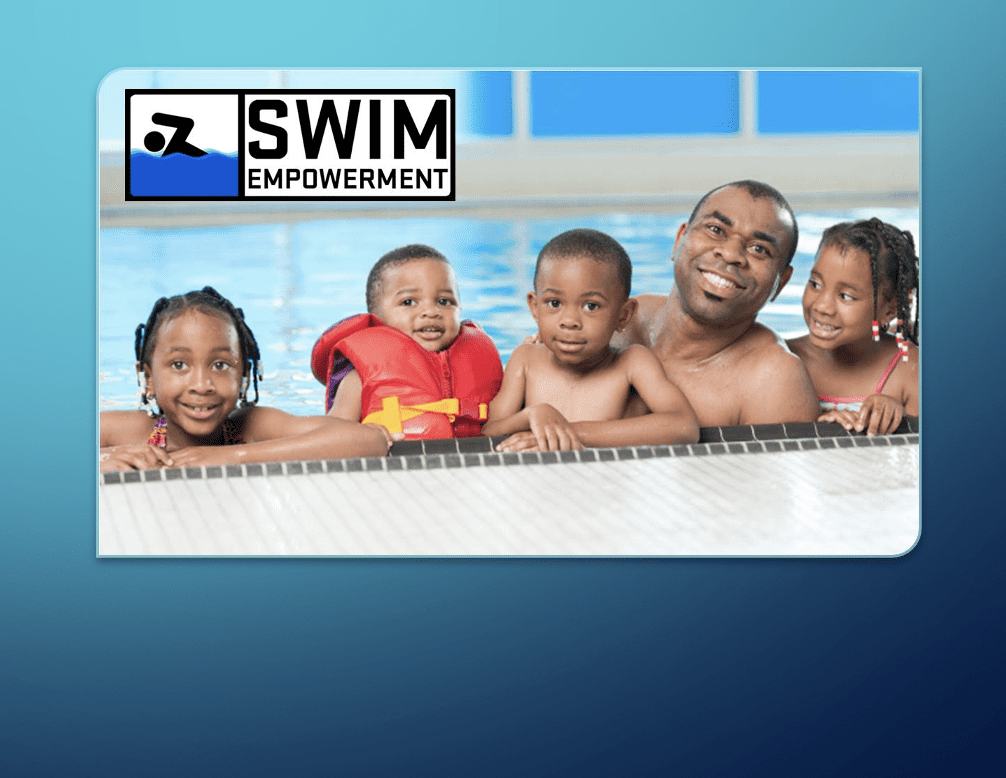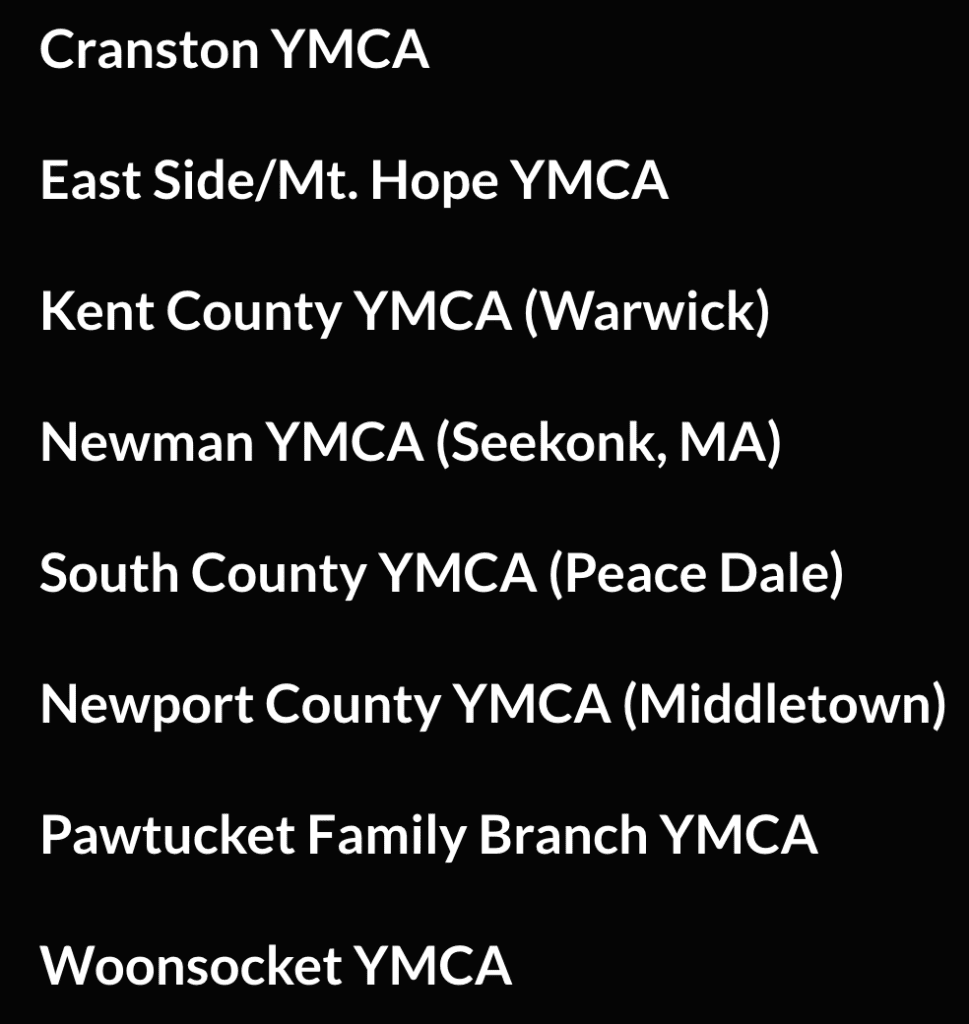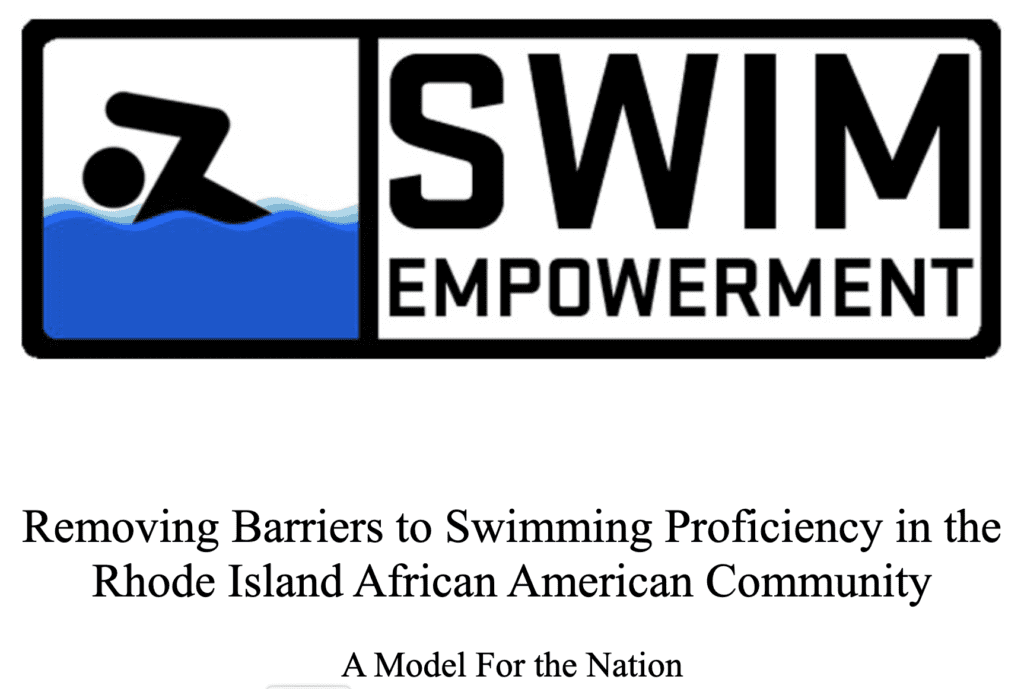Search Posts
Recent Posts
- Dr. Rosemary Costigan Named President of Community College of Rhode Island June 19, 2025
- RI Veterans: Did you know? 19.06.25 (Military Funerals, Job Fair, Benefits, Events) – John A. Cianci June 19, 2025
- East Providence First in U.S. to Equip All Firefighters with PFAS-free Gear June 19, 2025
- We Cook! Mill’s Tavern Saffron Bouillabaisse with Tarhana Lobster Jus June 19, 2025
- Rhode Island Weather for June 19, 2025 – Jack Donnelly June 19, 2025
Categories
Subscribe!
Thanks for subscribing! Please check your email for further instructions.

Drowning #1 cause of death for young children. Create “Learn to Swim” mindset – Ben Balint-Kurti
by Ben Balint-Kurti , Brown ‘23.5
They don’t call it the Ocean State for nothing; every summer, Rhode Islanders flock to the many beaches that sit close by, looking for a swim to cool off. But swimming also has its costs: each year, several people drown in Rhode Island’s waters. And tragically, these are often preventable deaths, brought on by a lack of swimming education and experience.
The New York Times reported last weekend that drowning is the single most frequent cause of death in the U.S. for children from 1 to 4 years of age. More than congenital abnormalities or car crashes, drowning takes the lives of toddlers whose parents stand close by but are completely unaware. Indiana University professor William Ramos says in the article that “it’s hard to imagine a more preventable cause of death.”
Death by drowning is not a new phenomenon, and neither is it decreasing in frequency. In Rhode Island, fatal drownings have been trending up, with 14 deaths in 2020 and 19 in 2021, after hovering around 8 or 9 throughout the 2010s .
There are also striking racial disparities in drowning deaths: black children age 5 to 19 are 5.5 times as likely to drown as white children the same age. These statistics have a history of their own, detailed by local nonprofit group, Stages of Freedom, which works to empower the black community through swimming: their Swim Report shows how black people, [dating back to] Jim Crow times and discriminatory policies, were systematically excluded from swimming at public pools in the United States at the time that swimming was becoming a mainstream pastime, in the 1950s.
The injustice for that generation deprived of the chance to learn to swim reverberates through to today: reports show that if a parent never learns to swim, there is only a 13% chance that their child will learn. This has led to today’s state of affairs where 64% of black children have little to no swimming skills, compared to 40% of white children. Swimming is now largely an upper middle class activity, with only those children whose parents can afford [adequate] swim lessons being able to participate, and those whose parents cannot are left to grow up never learning how to swim.
Most discouragingly of all, the U.S. is one of the only developed countries to not have a plan at the national level to address the swimming crisis. There is also a complete dearth of programs at the state level.
Editor’s Note: The trend of city and town’s to replace pools for economic, personnel, or safety concerns with splash pads or water parks is thought to be contributing to this phenomenon.
A pool for Providence
Luckily, there are organizations working to fill in the gaps: Stages of freedom, a Providence non-profit, is in its eighth year of providing free swimming lessons to black and low-income children and adolescents in Rhode Island. According to Director Ray Rickman, 2,500 Rhode Island youth have learned to swim because of the generosity of Stages’ donors and customers in their bookshop.
Stages of Freedom partners with local “Y’s” for its swimming lesson program:

But while Stages is trying its best, there is agreement among experts that this problem will require serious investment and efforts at the state level. Stages has announced they are currently working to build a public swimming pool in Providence, which would go a long way towards providing the access to swimming that black communities have often lacked. The pool would be open to all.
–
–
- Ben Balint-Kurti , Brown ‘23.5

